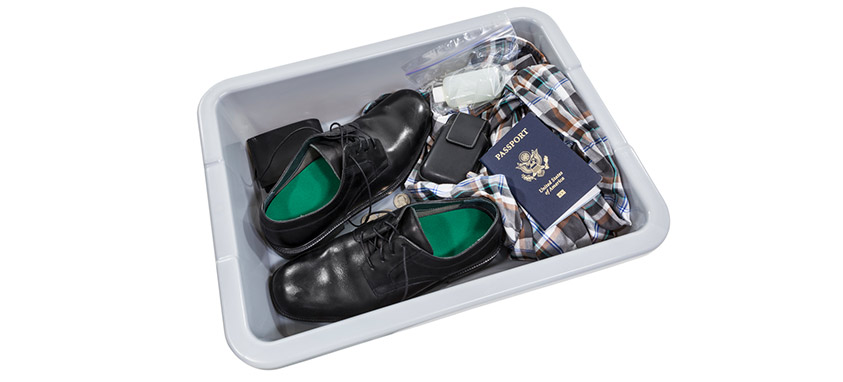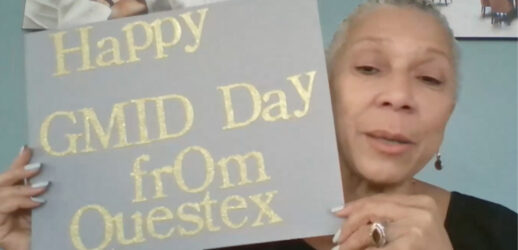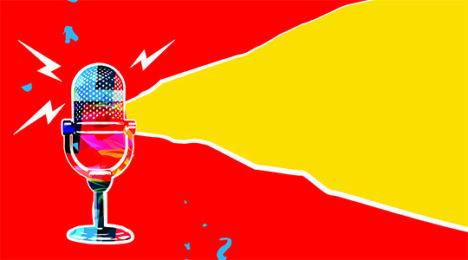You may need to grab some extra bins and pack your patience at the security checkpoint next time you fly. Ten major U.S. airports are participating in a trial of a new Transportation Security Administration process. Checkpoints at LAX, Boston Logan, Detroit Metropolitan, and more will now require ticketed passengers to remove electronics larger than a cell phone from their carry-on, as well as certain food items, to be inspected by officials, according to ABC News.
This has already been implemented for one year at four airports, but is expanding to ten total. Until now, regulations at most airports stipulated that only laptops and liquids be taken out of bags. The TSA said some electronics and food are mistaken for prohibited items, such as explosives, in the X-ray scanner and then it slows down the line for agents to manually inspect bags. They feel lines will move quicker if these items are already out in plain sight. The new process will only apply to passengers waiting in the regular line and will not impact those who have PreCheck status.
“Although passengers may experience more bag checks, we are testing quicker and more targeted procedures at these locations,” the TSA told ABC News in a statement. Do not grow concerned that this is in response to particular threats or the laptop ban. The TSA insists it’s for the sole purpose of increasing efficiency.
This is not the only change on the horizon. Boarding passes may be going extinct very soon. The TSA also has plans to test a machine to verify IDs, such as licenses and passports, by scanning its barcode. The machine will confirm that the individual is a listed passenger on a departing flight. Four airports will begin testing these machines this week in the PreCheck lane.
X-ray machines already do a relatively sufficient job of flagging dangerous items. The TSA’s blog reported that last week a record number of 82 firearms were discovered at checkpoints around the nation. When packing, familiarize yourself with the latest regulations of what you can bring on board, what you can check and what must be left at home.




